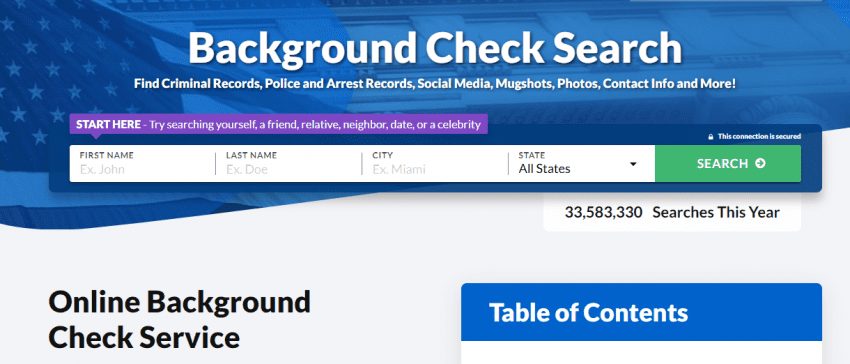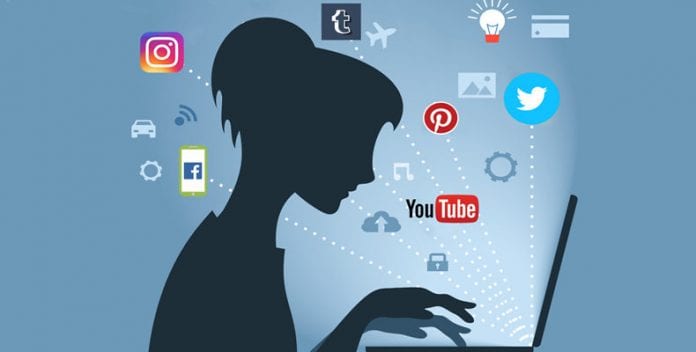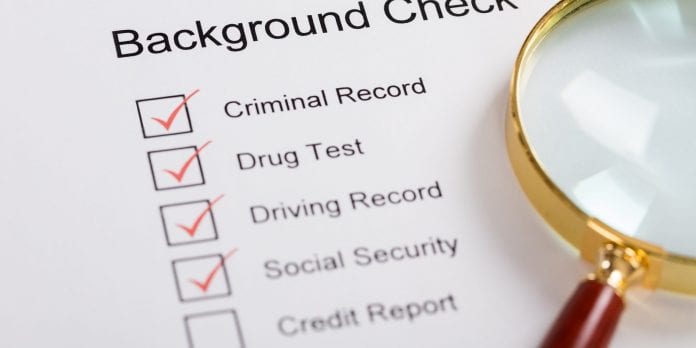Background checks have gone from being an occasional extravagance to something that’s almost expected ever for the most trivial applications. Why is that? It’s because of the Information Age. Records are so much easier to keep, access, and share now that there’s no reason not to do it. Add into this the advent of social media, where we are all much more public with our lives.
Background checks have become standard for any of these events:
- Employment screening
- Firearms purchases
- Credit checks
- Contractor license checks
Even at the personal level, modern-day singles tend to scrutinize each other more when they have easy access to a potential mate’s social media footprint.

What Background Checks Cover
Just because all of the information is available doesn’t mean it all gets taken into account at any screening. Background checks occur in different levels, ranging from a cursory verification of ID to a thorough dig through an individual’s deepest past. Make sure you get your background check at crbdirect.org.uk
Employment screenings are by far the most common. They typically verify identity and education certifications to start. Optionally, they may include any or all of: criminal record, credit history, driving record, drug screening, and a social media survey. Some positions may screen more, such as a medical screening for jobs where a person’s health is crucial to carrying out their professional duties.
When employers do a criminal background check, they aren’t usually concerned with minor matters but want to screen out things like embezzlement, fraud, and violent or felony convictions. They also check sex offender registries and other kinds of watch lists organized for public safety. Infractions, misdemeanors, and civil citations do not show up in criminal background checks. Also, certain kinds of records may be deleted or sealed, such as juvenile records.
Some industries have a particular sensitivity to certain kinds of activities. The healthcare industry, for example, typically checks for past evidence of medicare/Medicaid fraud, controlled substances, past complaints of patient abuse or neglect, and suspensions or revocations of licenses. Still, other industries want to explore records outside the current country, so they include the international background as well.
Other industries are typically just concerned with licensing and certification. Skilled trades such as home contractors do this. There are also professional background investigations within both the financial and education industries.
When a credit check is performed, they’re just looking at payment history on loans and other financial obligations, plus evidence of bad faith such as bankruptcies, liens, foreclosures, and civil judgments.
What Everyone Should Know About Background Checks

Just about any individual in today’s society will need to be the subject of a check at some point, whether it’s for seeking employment, taking out a mortgage, or buying a car on a payment plan. But even the system sometimes experiences glitches, so a false flag on a background can cost a person opportunities. For that reason, it’s a good idea for everyone to run a background check on themselves so they can find any errors and correct them first.
At the same time, one should be aware of local laws and regulations regarding background checks. Nearly every kind of check is limited in some way, usually for metrics like the period of years that can be searched. These types of laws vary from state to state, so individuals will have to research their local situation.
One handy stop to check background history is online resources such as CheckPeople.com. These sites don’t collect more than a name, date of birth, and location, but they compile very comprehensive results that present a fair picture of what a potential employer would be seeing. If a person checks their own background and encounters an error, they have an opportunity to clear it up with the reporting agency.
What Is The Impact Of Social Media?

In a background check, an individual’s online footprints might be investigated, but this is much more cursory than most people would imagine. Employers know to take online results with a grain of salt because it’s easy to both operate anonymously online, and slander someone else online. In the first place, they are not interested in individual events so much as they’re assessing the individual’s character and judgment.
If a person finds something unjustly detrimental in their online records, they can petition the site which lists them to purge the record from their results. Google, Facebook, Twitter, Instagram, and other major social media companies all have a process for handling these kinds of complaints. While the outcome of such a case is up to that individual website’s company policy, there are laws governing blatant slander and harassment.
Conclusion
Background checks do generally serve to make society safer and more trustworthy all around. While a complete check of somebody’s history is likely to show up a few blemishes, most investigators understand that nobody’s perfect. The aim is to ensure that most of us deal with people who have met a basic standard for civil participation in society. To learn even more you could also check out peoplefinders.com









